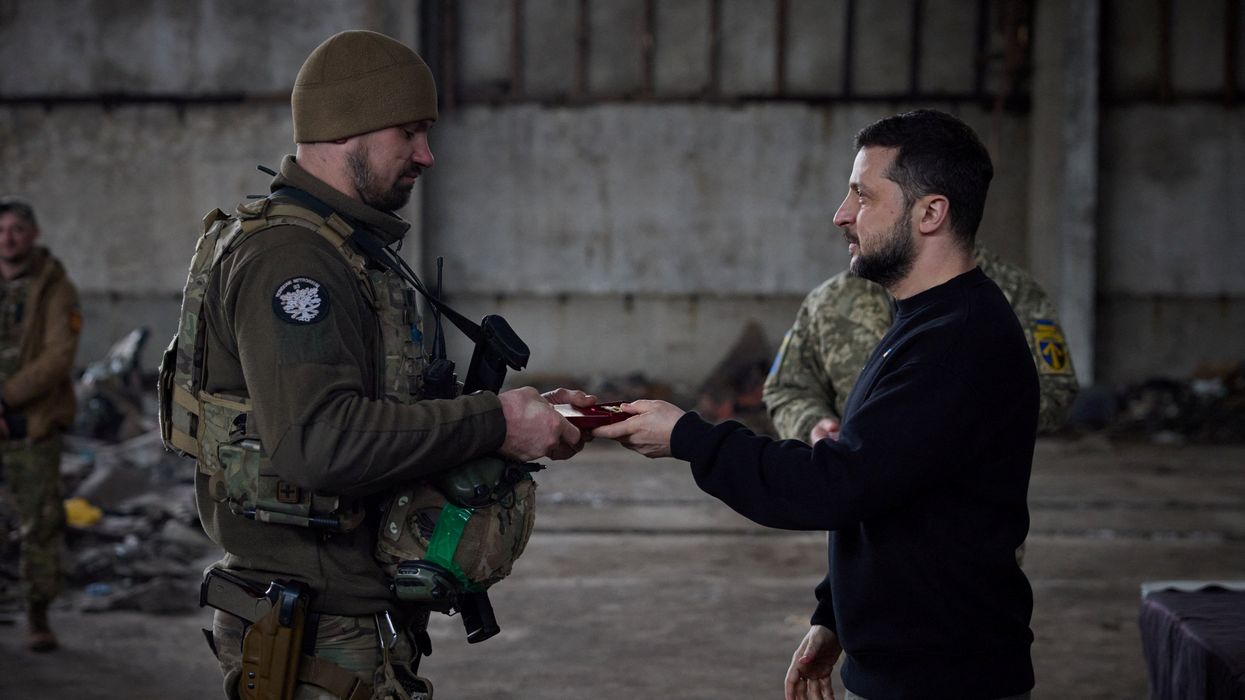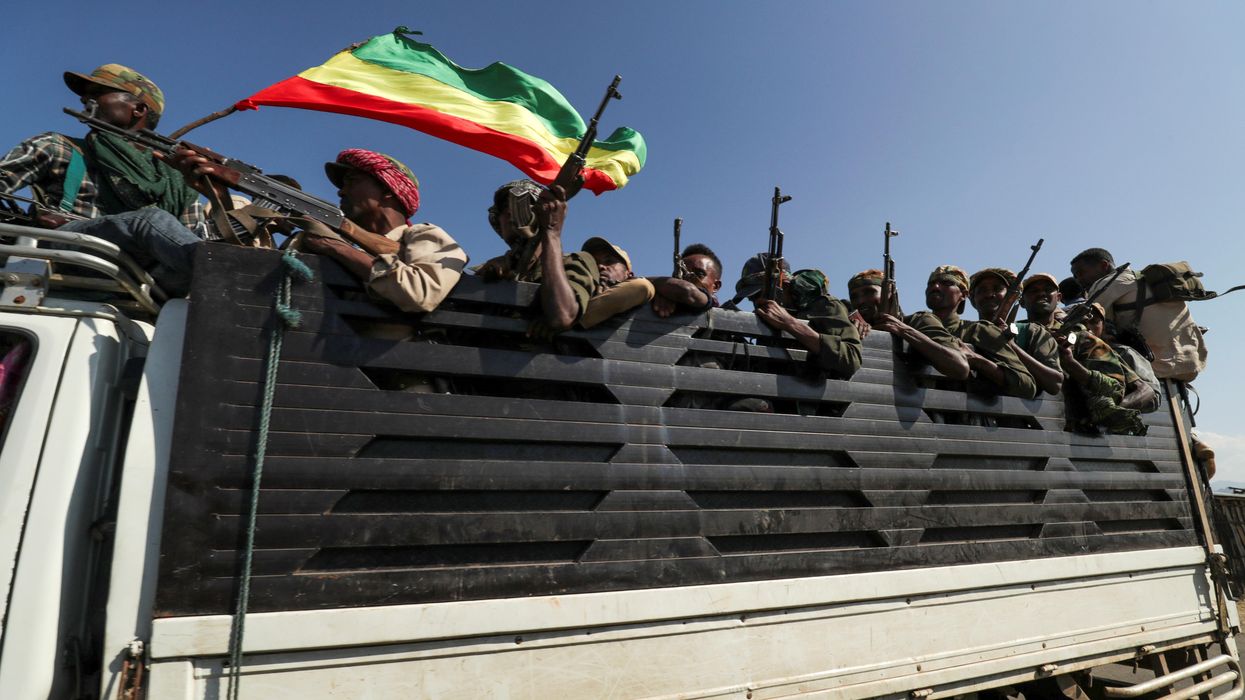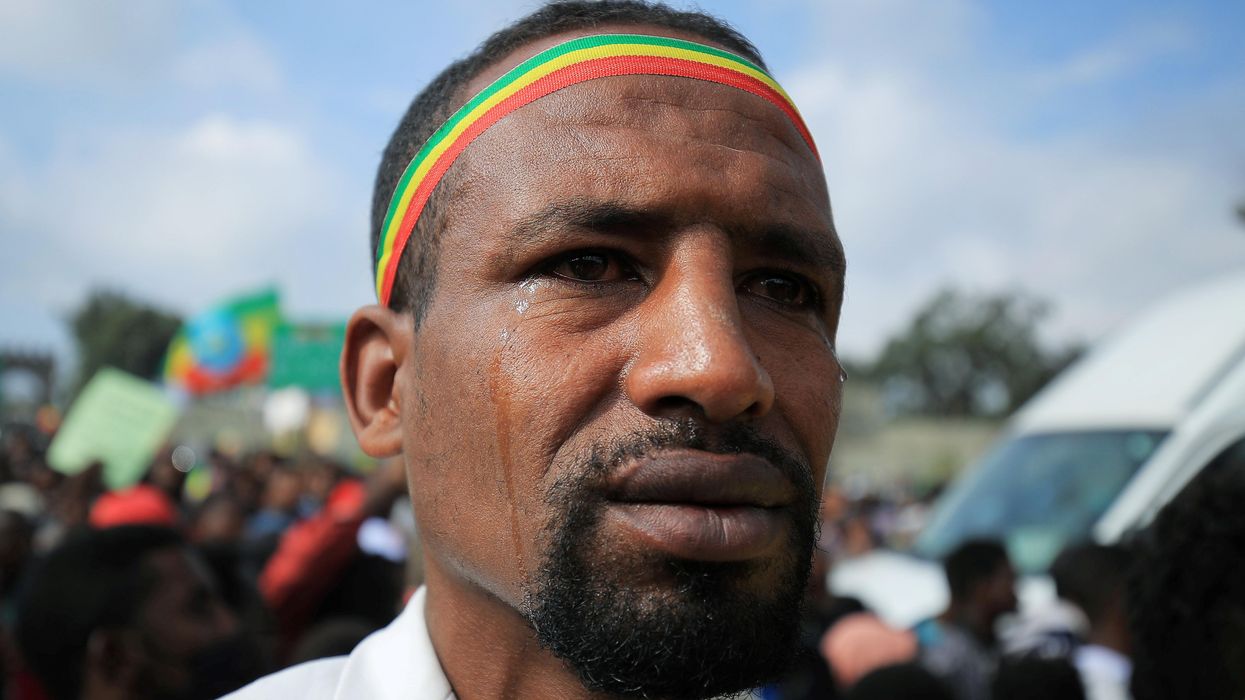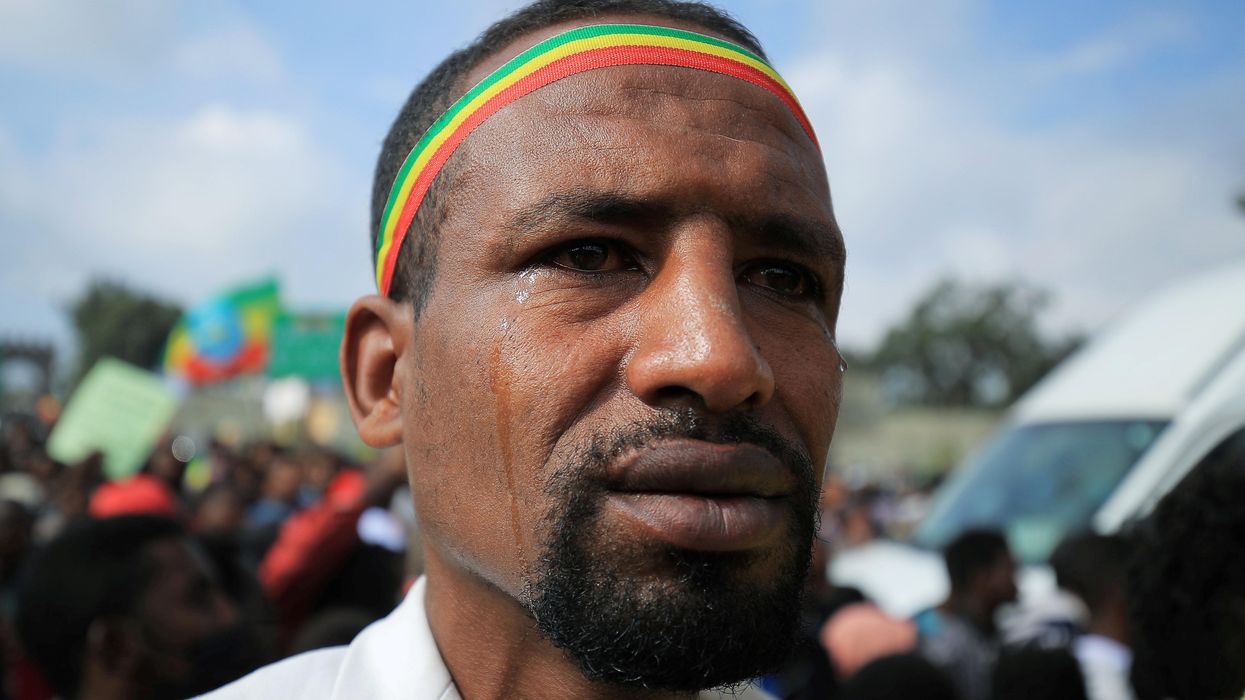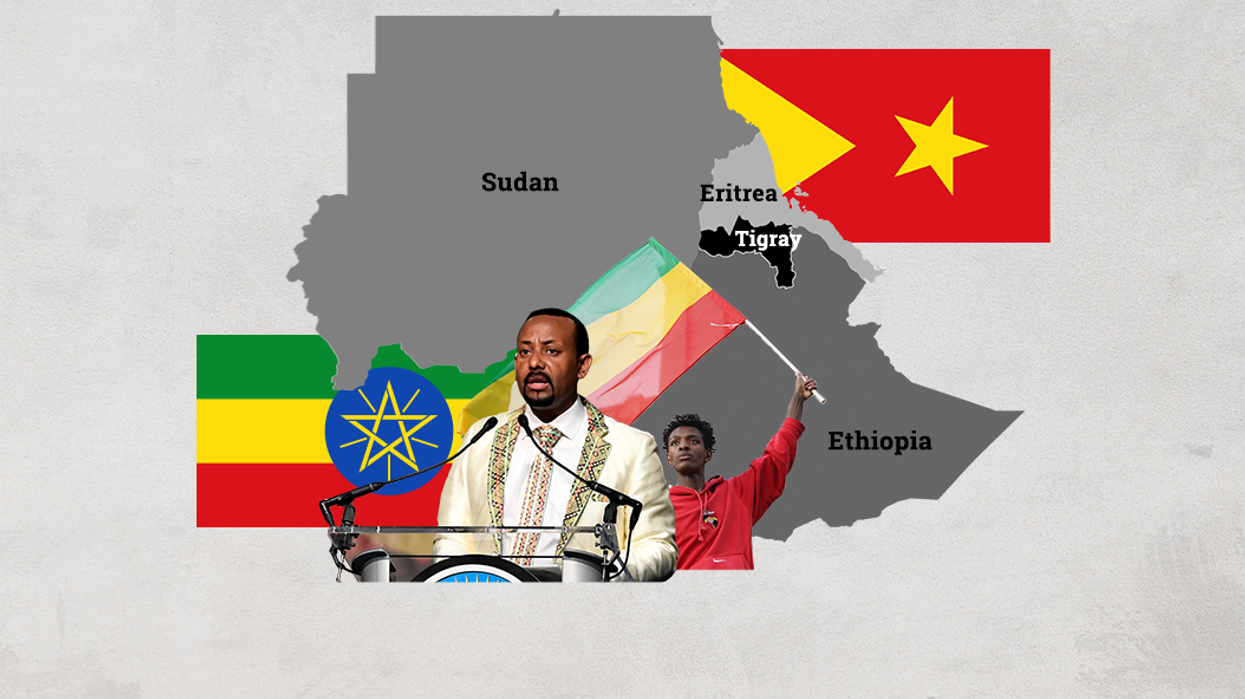US & Canada
What We’re Watching: Zelensky’s Bakhmut message, Rishi’s post-Brexit win, Trudeau’s take on Haiti, Ethiopia’s peace progress
Russia and Ukraine score points where they can; Has Brexit got “done” yet?; Trudeau’s take on Haiti; Ethiopia, TPLF take steps in tenuous peace
Mar 22, 2023
